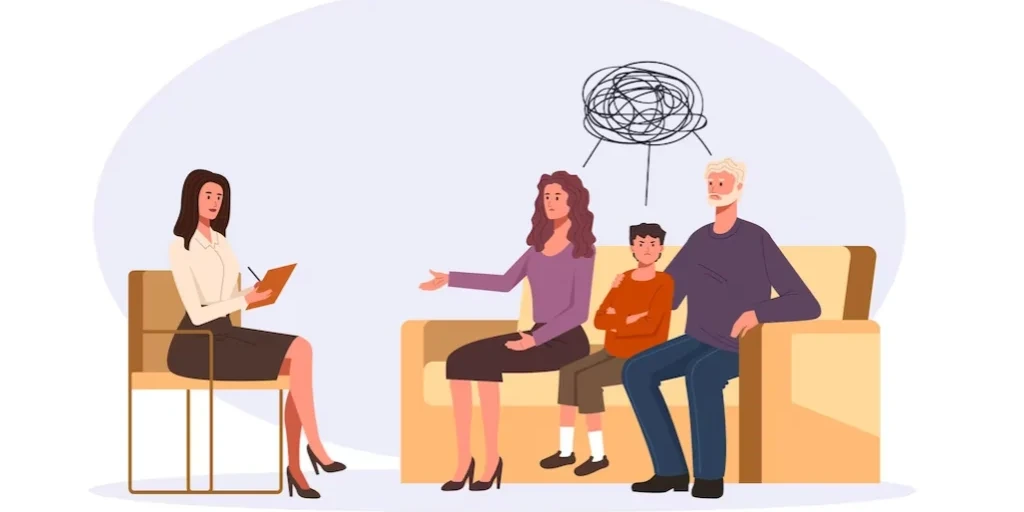24/7 Helpline:
(866) 899-221924/7 Helpline:
(866) 899-2219
Learn more about PTSD Treatment centers in Scottsville
PTSD Treatment in Other Cities

Other Insurance Options

Premera

Covered California

Medical Mutual of Ohio

Regence

Meritain

EmblemHealth

BlueShield
Beacon

Health Net

Ceridian

United Health Care

Sliding scale payment assistance

Multiplan

AllWell

GEHA

Group Health Incorporated

PHCS Network

Holman Group

Optima

Lucent


























































































































Region Ten Community Services Board – Crozet
Region Ten Community Services Board is a non-profit rehab located in Crozet, VA. Region Ten Communit...







































































